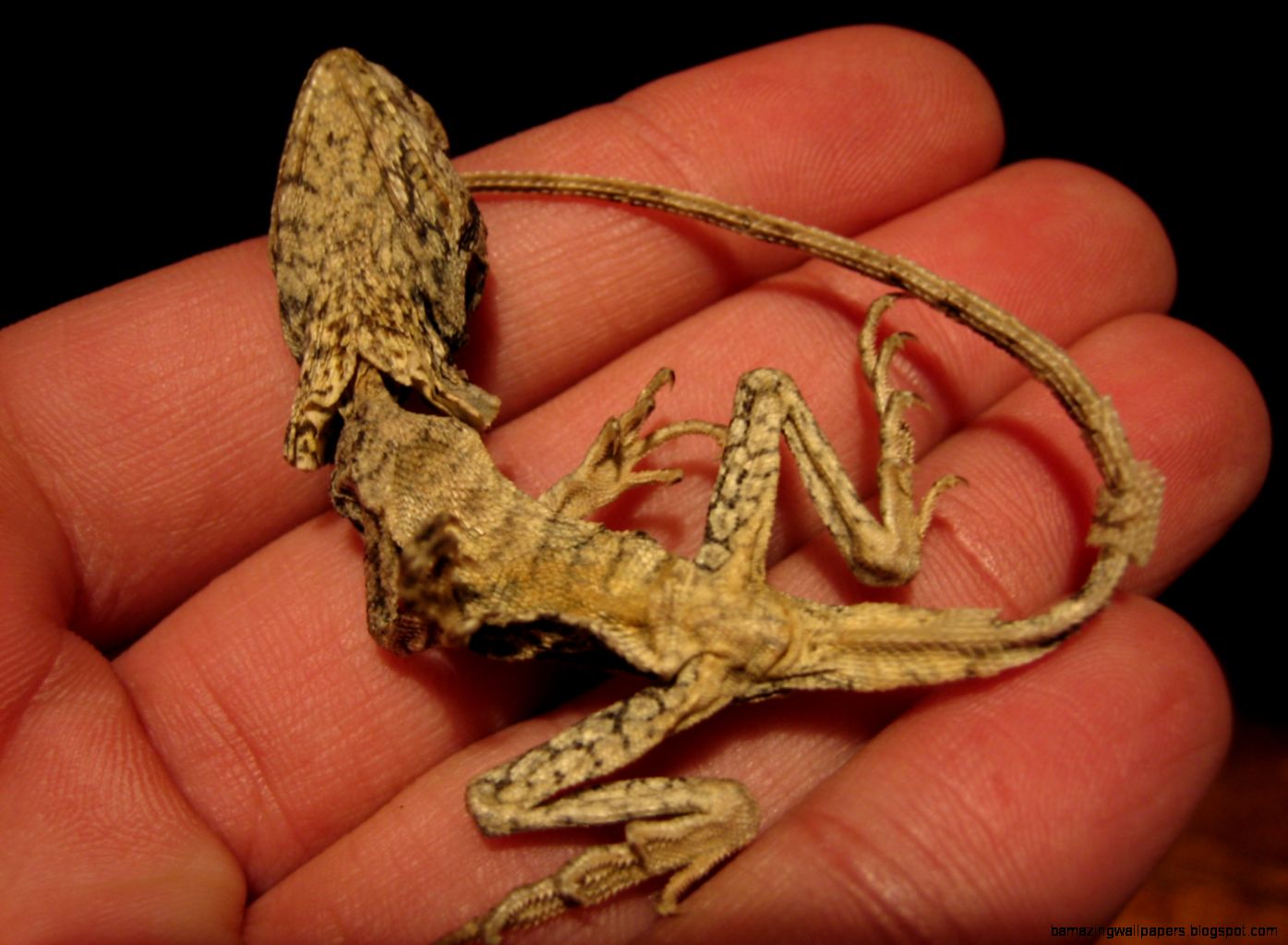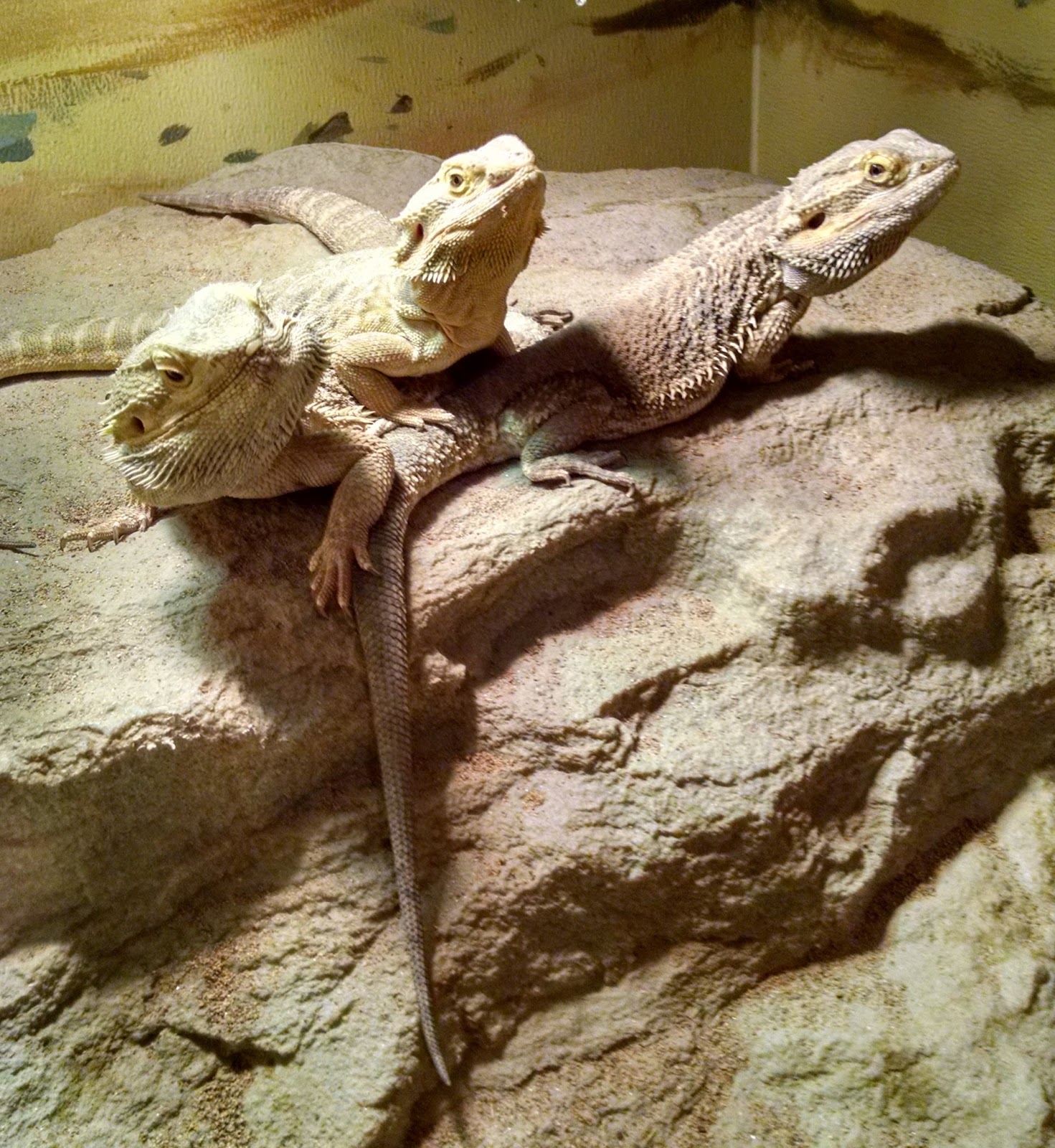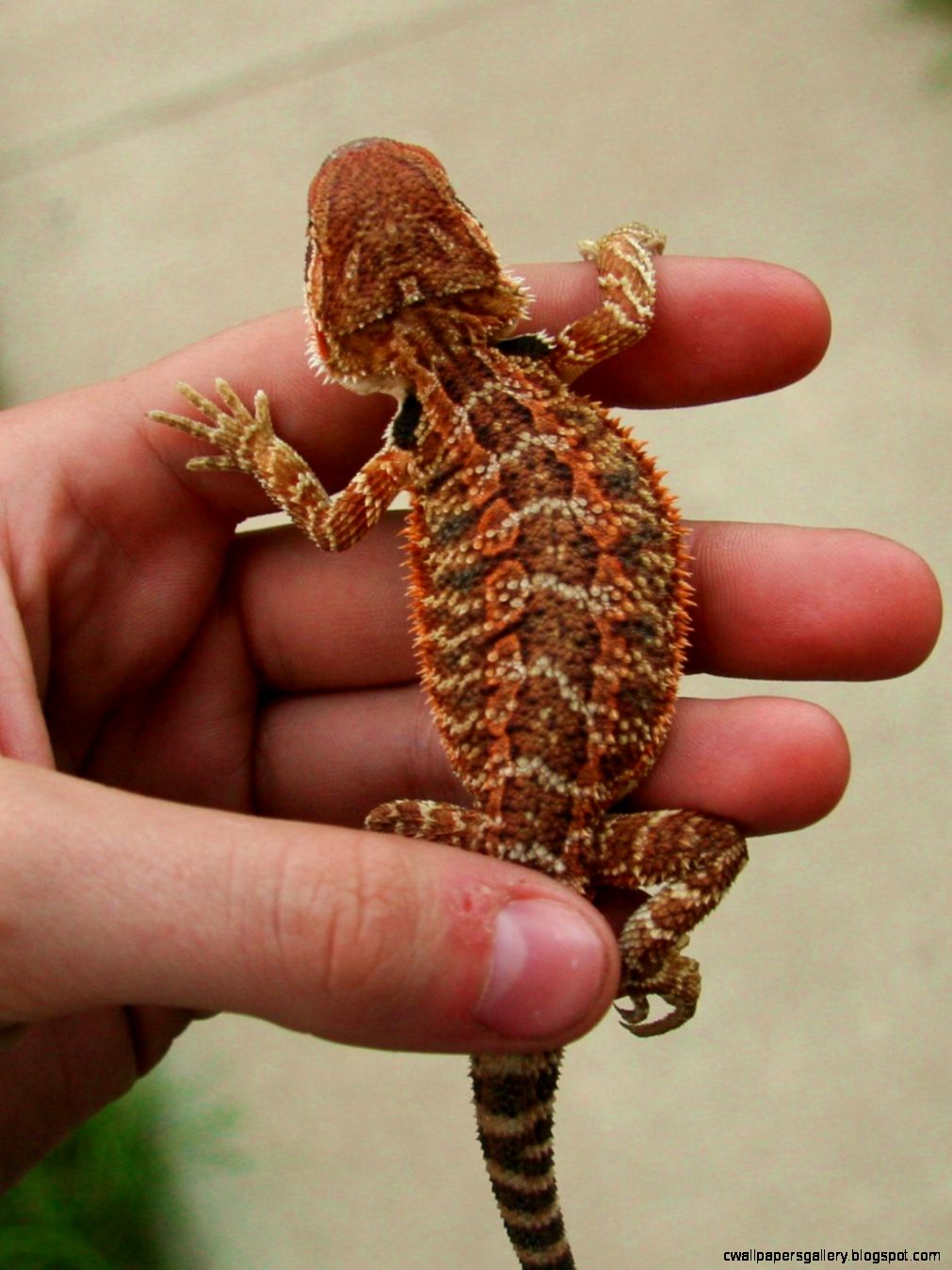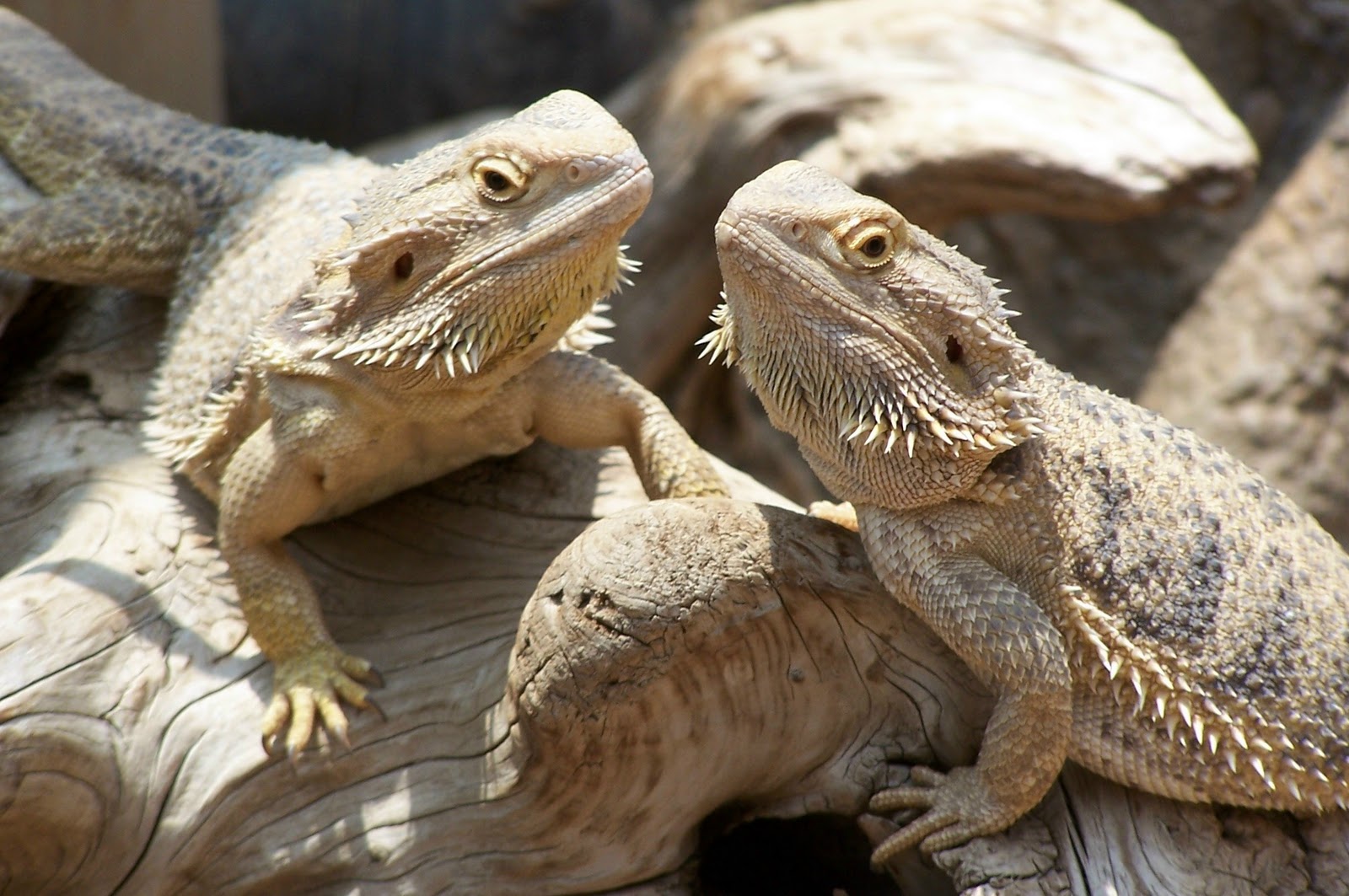Why Won't My Baby Bearded Dragon Eat? Your Ultimate Guide to Understanding and Fixing This Issue
Why Won’t My Baby Bearded Dragon Eat?

Bearded dragons are popular pets for good reason. They are docile, easy to care for, and have unique personalities, making them a joy to have around. However, one of the biggest concerns for new owners, especially those with baby bearded dragons, is when their pet stops eating. There are multiple reasons why this might happen, and it’s important to understand them to make sure your pet stays healthy.
Common Reasons Why Baby Bearded Dragons Stop Eating
- Shedding: Bearded dragons shed their skin regularly, and this can often lead to a loss of appetite. The process of shedding can be uncomfortable, and as a result, your bearded dragon may not want to eat until its skin has fully shed.

- Stress: Moving to a new environment, new pets or changes to their surroundings can cause stress in baby bearded dragons. When stressed, your pet may not want to eat. Try to keep their environment as stable as possible and avoid too much handling or excessive noise.

- Temperature: Bearded dragons need specific temperature ranges to properly digest their food. If their environment isn’t set up correctly or their basking spot is missing or not warm enough, they can become lethargic and avoid eating. Make sure to have proper heating and lighting to maintain the correct temperature in their habitat.
- Illness: Baby bearded dragons are susceptible to various illnesses, so always make sure you observe your pet’s eating and pooping habits. If you notice any irregularities, get them to a vet immediately. If your pet is under medication or recovering from illness, it may also impact their appetite.

What Can I Do if My Baby Bearded Dragon Won’t Eat?
- Check Your Husbandry: Ensure that your pet’s environment is set up correctly by checking temperature, humidity, nutrition, and lighting. Make sure your pet gets the appropriate amount of UV lighting too! A healthy and comfortable environment is key to stimulating your pet’s appetite.

- Offer Variety: Baby bearded dragons are curious and enjoy variety in their diet. Offer a mix of live insects and veggies that they might enjoy. You can even try educating yourself about their preferences! Some dragons prefer a particular type of insect over another.

- Hand-feeding: If your pet is still not eating, you can try hand-feeding them veggies or even insects. This might require patience and practice, but it will help ensure your pet is getting the necessary nutrients.

- Vet Visit: If your baby bearded dragon still will not eat after trying these solutions, it’s best to take them to a vet. There may be underlying health issues that need attention.
Conclusion
If your baby bearded dragon has stopped eating, it’s important to remember to be patient and consistent. Make sure their surroundings are optimal to feel comfortable and enhance appetite. Offer variety in terms of veggies and insects to cater to their taste! Finally, it’s crucial to have open communication with your vet to identify any underlying health issues. With a little TLC, you’ll see your baby bearded dragon’s appetite improve in no time!
